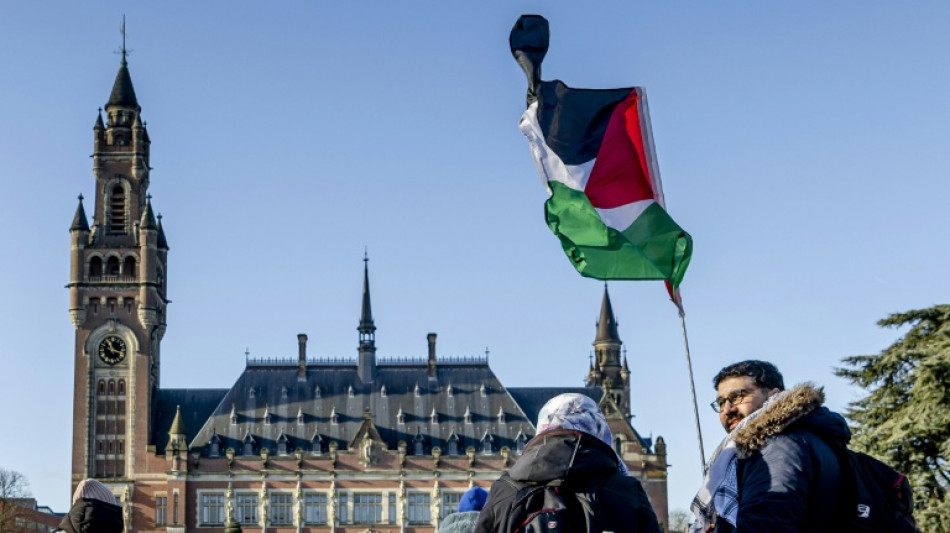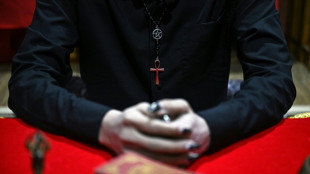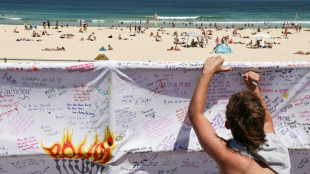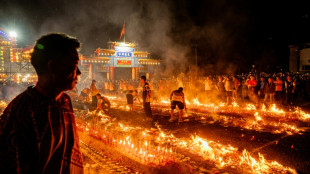
Top UN court to rule on Israel's Gaza aid obligations

The top United Nations court will rule Wednesday on Israel's obligations towards agencies providing humanitarian assistance to Palestinians in Gaza, as aid groups scramble to scale up assistance following a ceasefire.
Judges at the International Court of Justice in The Hague have been asked for an "advisory opinion" laying out Israel's duty to facilitate aid in Gaza.
The UN asked the ICJ to clarify Israel's obligations, as an occupying power, towards UN and other bodies "including to ensure and facilitate the unhindered provision of urgently needed supplies essential to the survival" of Palestinians.
An ICJ opinion is not legally binding, but the court believes it carries "great legal weight and moral authority".
ICJ judges heard a week of evidence in April from dozens of nations and organisations, much of which revolved around the status of UNRWA, the UN agency for Palestinian refugees.
Israel did not take part in the hearings but Foreign Minister Gideon Saar described them as "part of a systematic persecution and delegitimisation of Israel".
"It is not Israel that should be on trial. It is the UN and UNRWA," he told reporters at the time.
Israel banned UNRWA from operating on Israeli soil after accusing some of its staff of taking part in the October 7, 2023, Hamas attack that sparked the war.
A series of investigations, including one led by former French foreign minister Catherine Colonna, found some "neutrality-related issues" at UNRWA.
However, the April 2024 report said Israel had "yet to provide supporting evidence" of its allegation that "a significant number of UNRWA employees are members of terrorist organisations".
At the ICJ hearings, a US official raised "serious concerns" about the impartiality of UNRWA, and alleged that Hamas used the agency's facilities.
The US official, Josh Simmons, said Israel had "no obligation to permit UNRWA specifically to provide humanitarian assistance".
Simmons added that UNRWA was not the only option for delivering aid into Gaza.
Palestinian official Ammar Hijazi told the ICJ judges that Israel was blocking aid as a "weapon of war", sparking starvation in Gaza.
- Aid 'lifeline' -
UNRWA chief Philippe Lazzarini has described his organisation as a "lifeline" for the nearly six million Palestinian refugees under its charge.
The agency still has some 12,000 staff in Gaza and aims to play a major part in its reconstruction after the fragile ceasefire agreed earlier this month.
More than 370 of UNRWA workers have been killed since the start of the war, according to the agency.
On the eve of the ICJ ruling, Abeer Etefa, Middle East spokeswoman for the UN's World Food Programme (WFP), said 530 of the organisation's trucks had crossed into Gaza since the ceasefire.
Those trucks had delivered more than 6,700 tonnes of food, which she said was "enough for close to half a million people for two weeks".
Etefa said around 750 tonnes a day were now coming through, which, although more than before the ceasefire, remains well below WFP's target of around 2,000 tonnes daily.
Israel faces several cases under international law over its campaign in Gaza.
In July 2024, the ICJ issued another advisory opinion stating that Israel's occupation of the Palestinian territories was "unlawful" and must end as soon as possible.
ICJ judges are also weighing accusations, brought by South Africa, that Israel has broken the 1948 UN Genocide Convention with its actions in Gaza.
Another court in The Hague, the International Criminal Court, has issued arrest warrants for Israel's Prime Minister Benjamin Netanyahu for alleged war crimes and crimes against humanity. It also issued a warrant for Hamas commander Mohammed Deif, who Israel says was killed in an airstrike.
K.Radomski--GL

 London
London

 Manchester
Manchester
 Glasgow
Glasgow
 Dublin
Dublin
 Belfast
Belfast
 Washington
Washington
 Denver
Denver
 Atlanta
Atlanta
 Dallas
Dallas
 Houston Texas
Houston Texas
 New Orleans
New Orleans
 El Paso
El Paso
 Phoenix
Phoenix
 Los Angeles
Los Angeles



